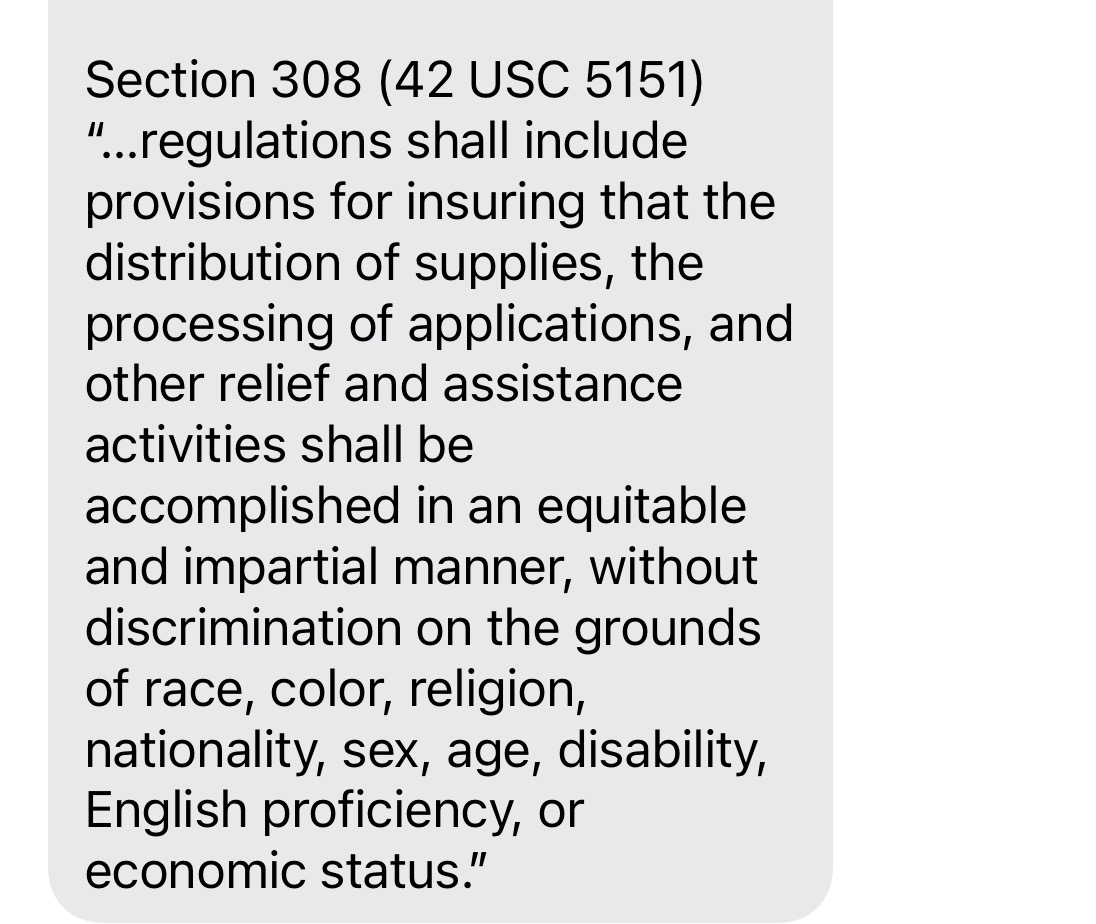
THREAD ON IAN’S DEAD: Of the 119 deaths so far due to #HurricaneIan, most died during the hurricane and most were elderly. Others died due to car accidents or putting up tarp, incidental deaths that would not have happened but for Ian. And then there was this jarring line:
1/
1/
https://twitter.com/nytimes/status/1578855925670039552

I write about understanding how people die. It isn’t good enough to simply give a number. How this person as compared to that person perished is relevant to understanding what we might do to prevent it in the future. From @TheAtlantic 2/
theatlantic.com/ideas/archive/…
theatlantic.com/ideas/archive/…
And here is a book interview for THE DEVIL NEVER SLEEPS with @williams_paige for @NewYorker about what is commonly called “stupid deaths,” a term coined by the Haitians to describe those deaths that could be avoided. How people die matters. 3/
newyorker.com/news/daily-com…
newyorker.com/news/daily-com…
Not much more is said of the circumstances of the two who committed suicide after Ian passed. It is not uncommon after a disaster, sadly. New Orleans suicide rates rose significantly after Hurricane Katrina in 2005 and that doesn’t include a mental health crisis. 4/
More recently, in 2011, after an earthquake, tsunami and the Fukushima nuclear meltdown in Japan, 60 people committed suicide in the immediate aftermath. Many were evacuees around the facility. 5/
The most infamous was Hamako Watanabe, who was evacuated with her husband Mikio. They drifted between family members after but were allowed to return home for a few hours a little later to retrieve their things. Hamako went to her garden. Mikio then smelled fire. 6/
She had set herself aflame. She died as a result of the tragedy just as if radiation had slowly seeped through her body. A court later found her death the “proximate cause” of the nuclear facility’s negligence and awarded damages. It was a novel theory, but completely just. 7/
The mental health issues will be intense as the adrenaline and neighborly unity that forms during the response turns to the long haul of recovery. I’ve written and spoken earlier of what that recovery should look like. 8/
https://twitter.com/juliettekayyem/status/1576384641577226242
Mental health issues and potential suicides will also mark this recovery as well. We can learn from these tragedies of the past and focus our efforts. People will suffer just as surely as if the hurricane was still here. Two already have. 9/9
• • •
Missing some Tweet in this thread? You can try to
force a refresh






